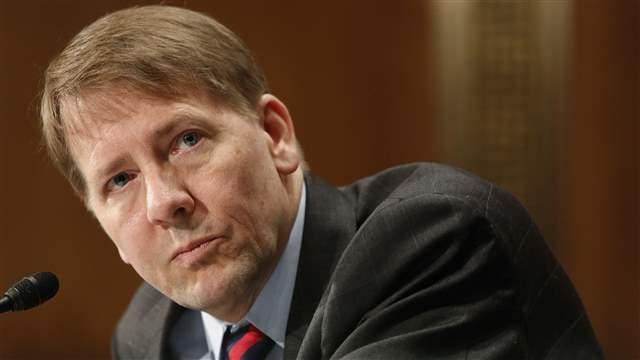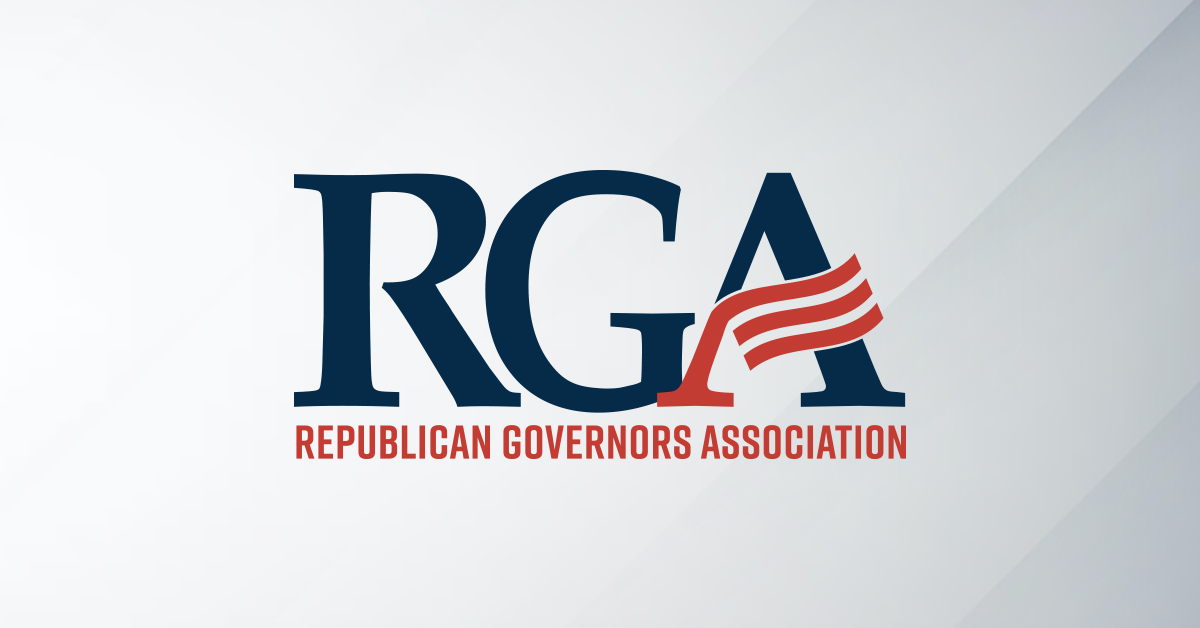
Numerous reports have surfaced that Richard Cordray, the current Director of the Consumer Financial Protection Bureau, may have violated the law in trying to set up a run for Ohio governor, and now a member of Congress is seeking an investigation to attain the truth.
The Cleveland Plain Dealer reports today that House Financial Services Committee Chair Jeb Hensarling has inquired with a Special Counsel to potentially investigate Cordray for violating the Hatch Act, which says that employees in the executive branch are banned from engaging in political activity. Media reports recently show that Cordray potentially personally reached out to Democrats across the state to gauge his support and encourage others to stay out of the race.
Still in his position as Director of the CFPB, Cordray has already committed a major gaffe that could lead to an investigation that would cripple his campaign before it has even got off the ground. Cordray should be honest with investigators, Congress and most importantly Ohioans, and admit truthfully what steps he has taken and if he used taxpayer resources for political purposes or to pressure others to not run.
The Cleveland Plain Dealer reports:
“A Texas congressman has requested a federal investigation into whether Consumer Financial Protection Bureau Director Richard Cordray is illegally working to run for Ohio governor.
House Financial Services Committee Chair Jeb Hensarling, a longtime GOP critic of Cordray, asked U.S. Acting Special Counsel Adam Miles on Friday to review whether Cordray violated the Hatch Act, which prohibits executive-branch employees from engaging in political activity.
In a letter to Miles, Hensarling pointed to media reports that Ohio Supreme Court Justice Bill O’Neill was contacted by an unnamed mutual friend of Cordray’s earlier this month stating that Cordray is planning to run for governor and asking whether O’Neill would remain out of the Democratic gubernatorial primary.
While it’s unclear whether Cordray consented to the friend contacting O’Neill, Hensarling wrote, ‘if this occurred, it appears that Director Cordray indirectly contacted a potential primary rival to secure the rival’s commitment not to run for office.’ Such an action, if true, “may reasonably be construed” as a Hatch Act violation, Hensarling stated.
A CFPB spokesman didn’t return a request for comment about the letter. Cordray, a former Ohio treasurer and attorney general from suburban Columbus, has remained mum on whether he intends to run for governor.
If the Office of Special Counsel concludes Cordray has violated the Hatch Act, it would bring the matter before the U.S. Merit Systems Protection Board. Under federal law, Hatch Act violators can receive a wide range of penalties ranging from a reprimand to removal from office. An Office of Special Counsel spokeswoman declined to comment on Hensarling’s letter.”





See the latest videos from RGA
Watch our videosNEW from @GovernorKayIvey: “The CHOOSE Act is putting Alabama parents in the driver’s seat of their child’s education.
I believe it will be one of the most successful school choice programs in the country.”
https://aldailynews.com/ivey-the-choose-act-alabamas-education-savings-account-program-puts-parents-in-the-drivers-seat/
Welcome to a state led by common sense!
@iamwesmoore loses to @GovernorVA again.
What a day for Virginia! @HUDgov is relocating its headquarters to the Commonwealth, bringing over 2,700 employees to its new home in Alexandria.
Thank you @SecretaryTurner for your trust and leadership. We’re proud to welcome HUD to the best state in America to live, work, and https://t.co/DLvdgqy8hY
Follow RGA on Twitter
Follow RGA on Facebook